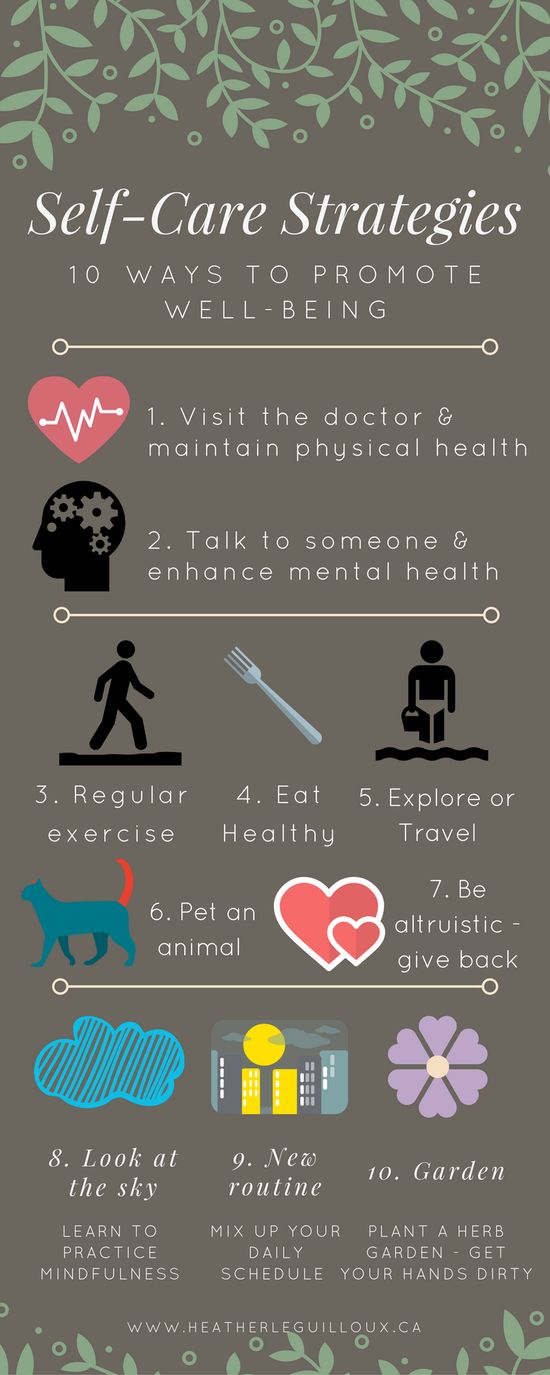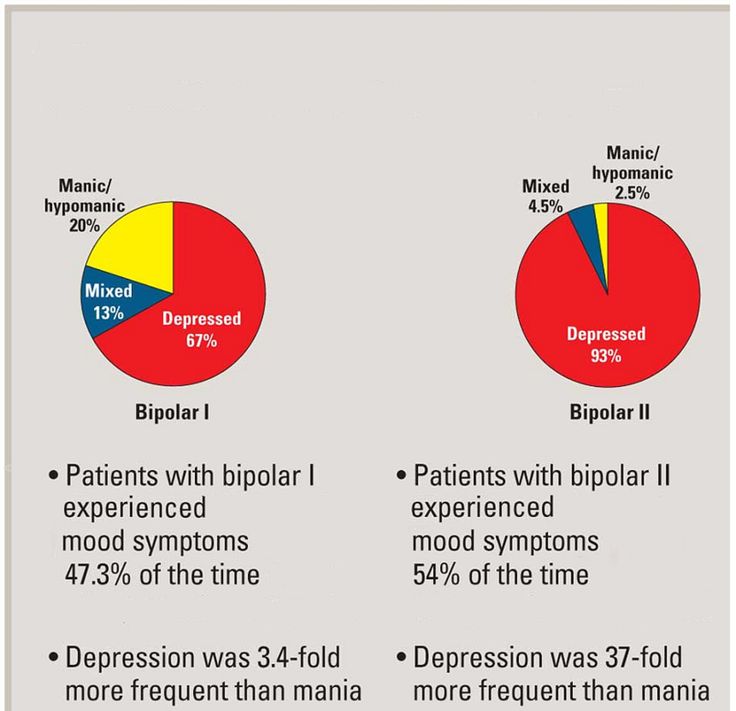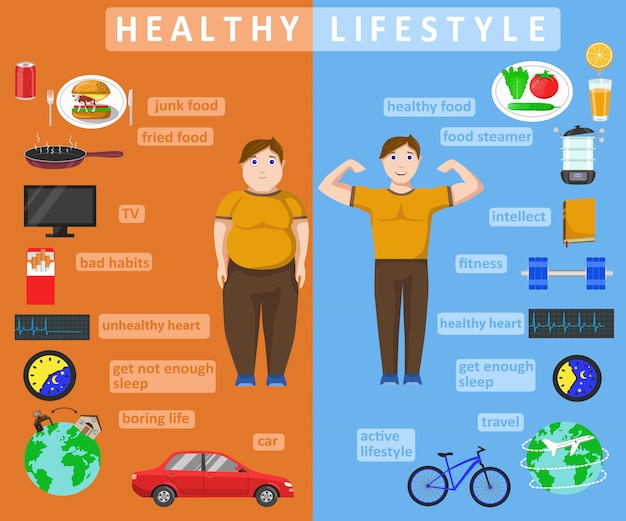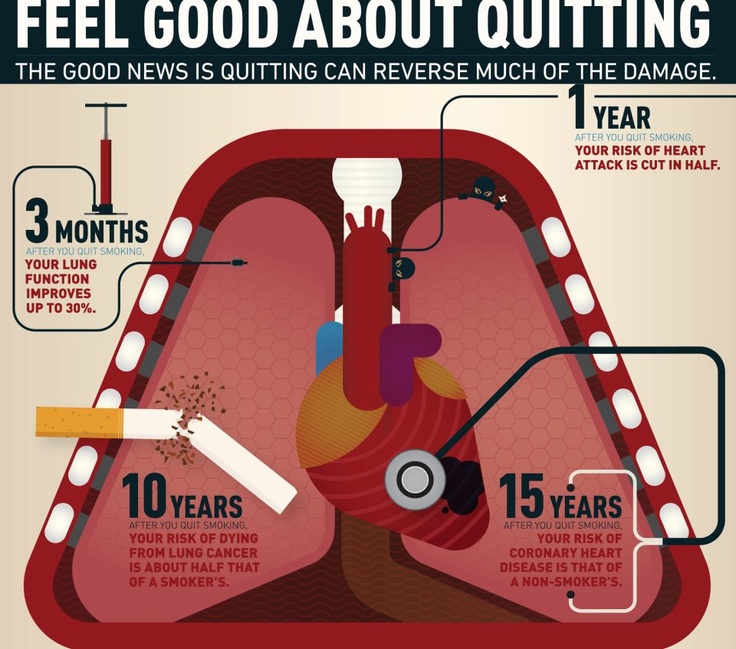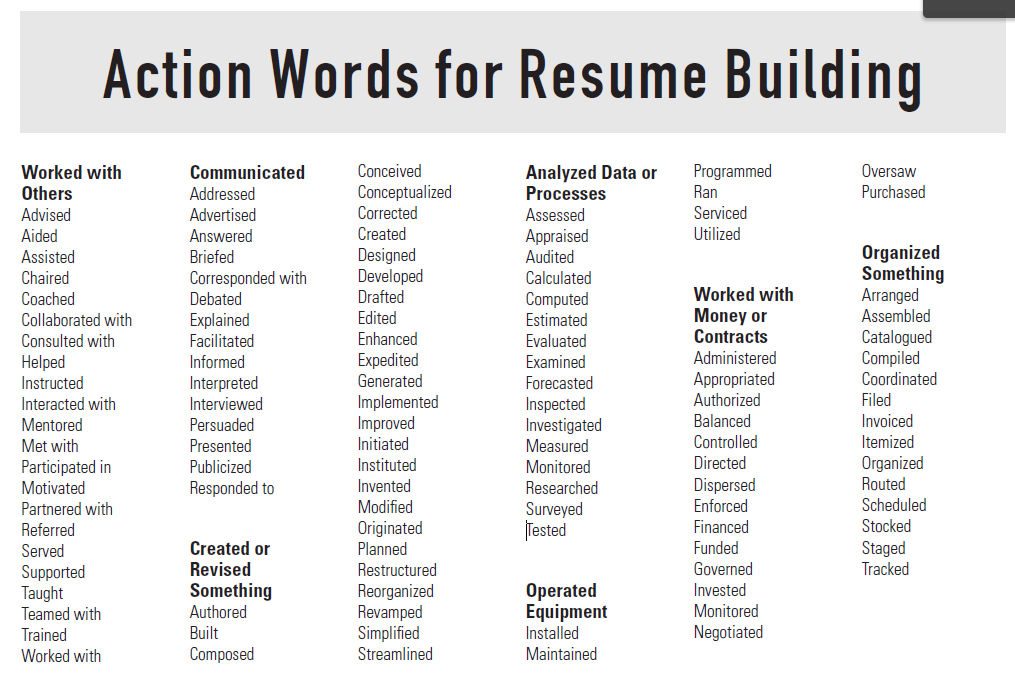Enhance well being
9 TESTED TIPS TO IMPROVE YOUR WELLBEING AND QUALITY OF LIFE
By John Adams
If you are a person who remains busy in work and other matters and pays no attention to your health and wellbeing, you must take a break from the robotic routine and pick healthy habits.
According to a psychologist, eating well and exercise gives your body and brain instant benefits of managing stress, depression, and anxiety. True wellbeing comes with balance, constant growth and acceptance.
Here are a few effective and tested ways that can help you improve your wellbeing:
1. Take Proper Sleep:
It may seem to be the most common advice, but trust me most of the people don’t follow the basic strep towards their overall wellbeing. Our body needs proper sleep and rest to heal and renew the energy to function properly. This healing is essential for physical and mental activity throughout the day.
Sufficient sleep regulates the hormones that are directly related to our mood and emotions. Most often when you feel an irritated or emotional imbalance, chances are high that your body lacks in taking enough sleep. An adult body needs nearly 6 to 7 hours of sleep per day. So make sure you take enough sleep.
2. Eat a Balanced Diet:
Sleep alone is not going to give you the required benefits. You need to eat a healthy and balanced diet and ensure your body receives enough amount of nutrition. The food you consume determines how healthy your inner system is. Moreover, it also helps in determining your emotional health and mental illnesses such as depression.
When your body lacks essential nutrients, it leads to serious health problems. Moreover, you end up facing emotional distress and anxiety. Health and wellness experts suggest that you should eat fruits and vegetables in sufficient amount. Moreover, eating nuts and lentil also strengthens your heart. Try to avoid caffeine, sugar and processed food as much as possible.
3. Expose Your Body to Sunlight:
Vitamin D deficiency leads to several problems such and Seasonal Affective Disorder or SAD.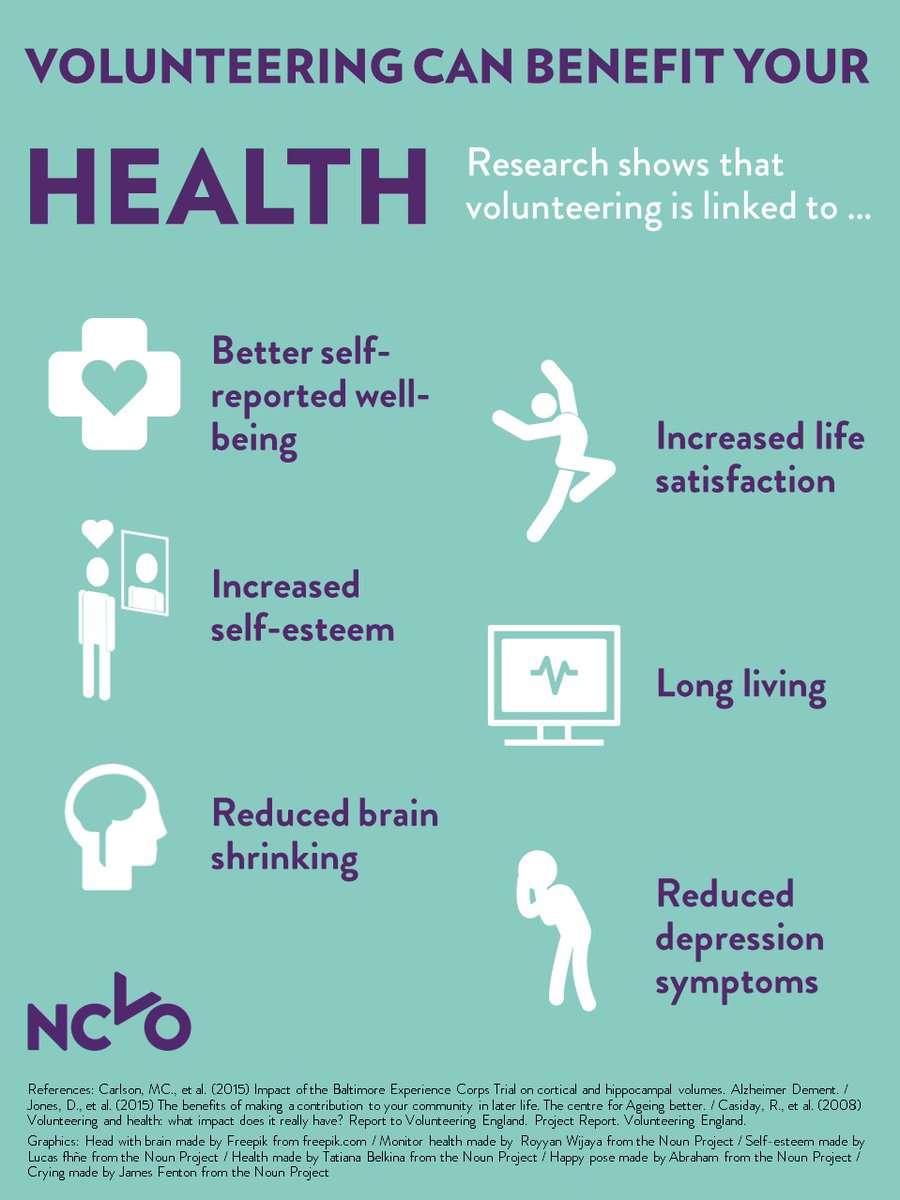 When you are exposed to sunlight, it causes the release of endorphins also called ‘happiness hormones’ that is responsible for the productivity of the brain.
When you are exposed to sunlight, it causes the release of endorphins also called ‘happiness hormones’ that is responsible for the productivity of the brain.
So, take some time out of your routine and spend some time in sunlight. But makes sure you wear sunblock to prevent sunburn.
4. Deal with Stress:
Although it is difficult to avoid stress nowadays, however, it is definitely possible to deal with it. It is very important to learn to deal with stress in a smart and effective way. For that, try to avoid the situations that cause stress. If your stress is unmanageable, note down the causes of stress as well as what actions can you take to improve your reaction, mood, and even situation?
5. Exercise Daily:
When you remain physically active and exercise daily, your blood flow improves in your entire body. With the increased blood flow, the number of oxygen increases and you feel more energetic, fresh and mentally active.
Exercises and physical activities are more important if you are an office worker. Exercise not only ensures our body remains fit but also keeps your mind healthy as well. You don’t have to join expensive gyms for that. A simple walk with your pet or daily morning walk is more than sufficient. The important thing is to make it a daily habit.
Exercise not only ensures our body remains fit but also keeps your mind healthy as well. You don’t have to join expensive gyms for that. A simple walk with your pet or daily morning walk is more than sufficient. The important thing is to make it a daily habit.
In addition to your mental health, exercise strengthens your bones and muscles that prevent you from a different type of personal injuries during a workout or running your daily errands.
6. Stay Away from Smoking and Alcohol:
If you keep drinking and smoking, no matter how much you spend on your health and how hard you try, your efforts are going to be wasted.
Quit smoking and drinking to ensure you lead a healthy life.
7. Be Social, as Much as You Can:
Isolation and lack of communication are the two biggest reasons for depression, mental and physical illnesses. No matter how busy your family and work life is, try to dedicate some time to friends and socialise with them.
A man cannot stay healthy without interacting with other people. Communicating with others lowers the stress level. If you have heard of laughter therapy, it also has the same purpose to reduce the stress in which you laugh with other people. Everyone needs acceptance and friendship that is fulfilled only when you socialise with others.
Communicating with others lowers the stress level. If you have heard of laughter therapy, it also has the same purpose to reduce the stress in which you laugh with other people. Everyone needs acceptance and friendship that is fulfilled only when you socialise with others.
8. Find and Practice New Hobbies:
Hobby helps us keep busy and engaged. When you have an interest in some activities and enjoy doing them, you take healthy steps to improve your emotional wellbeing. It also keeps the work and daily life’s pressure off your brain. Finding new hobbies is great for strengthening your brain and boost your mood.
9. Learn to Live in the Present:
The biggest reason for experiencing mood swings, depression and anxiety are when a person remains stuck in past events. Negative self-talking such as ‘why people did this to me’ steal not only the happiness but make the person miss opportunities that the present moment tires to offer.
Learn to live in the present moment and try not to think too much about the future.
It’s Simple: Laugh and Enjoy!
Don’t take life too seriously. Those who remain happy, smile more and try to keep themselves happy experience better quality of life than those who remain worried all the time. According to a study, children laugh 200 times a day while adults laugh 15 times a day.
Staying happy and laughing more is essential for a quality life.
5 steps to mental wellbeing
Evidence suggests there are 5 steps you can take to improve your mental health and wellbeing. Trying these things could help you feel more positive and able to get the most out of life.
1. Connect with other people
Good relationships are important for your mental wellbeing. They can:
- help you to build a sense of belonging and self-worth
- give you an opportunity to share positive experiences
- provide emotional support and allow you to support others
There are lots of things you could try to help build stronger and closer relationships:
Do
-
if possible, take time each day to be with your family, for example, try arranging a fixed time to eat dinner together
-
arrange a day out with friends you have not seen for a while
-
try switching off the TV to talk or play a game with your children, friends or family
-
have lunch with a colleague
-
visit a friend or family member who needs support or company
-
volunteer at a local school, hospital or community group.
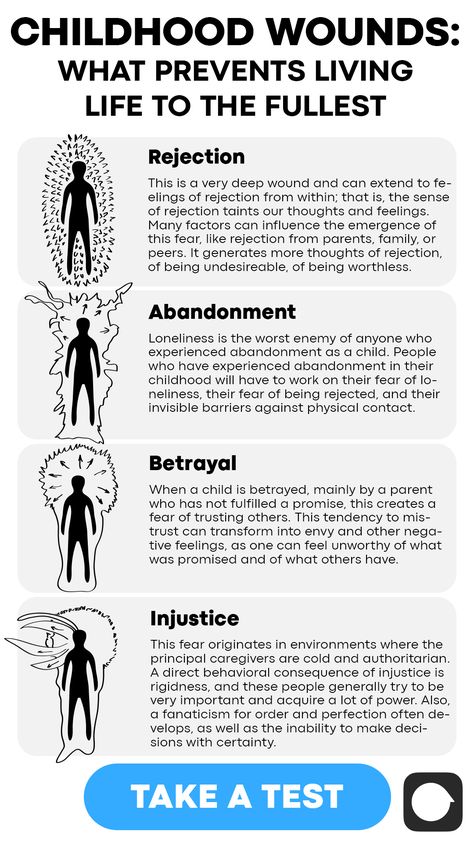 Find out how to volunteer on the GOV.UK website
Find out how to volunteer on the GOV.UK website -
make the most of technology to stay in touch with friends and family. Video-chat apps like Skype and FaceTime are useful, especially if you live far apart
2. Be physically active
Being active is not only great for your physical health and fitness. Evidence also shows it can also improve your mental wellbeing by:
- raising your self-esteem
- helping you to set goals or challenges and achieve them
- causing chemical changes in your brain which can help to positively change your mood
Read about exercise guidelines and workouts to help improve your fitness and wellbeing
Do
-
read about running and aerobic exercises to help get you moving and improve your fitness
-
read about strength and flexibility exercises to increase muscle strength, improve balance and reduce joint pain
-
if you're a wheelchair user, read fitness advice for wheelchair users
3.
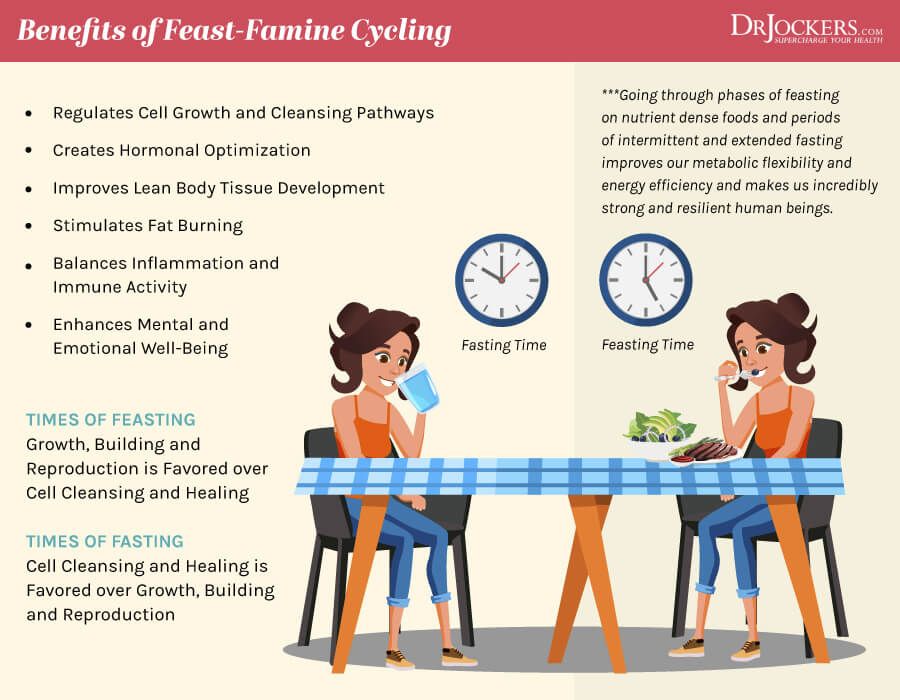 Learn new skills
Learn new skillsResearch shows that learning new skills can also improve your mental wellbeing by:
- boosting self-confidence and raising self-esteem
- helping you to build a sense of purpose
- helping you to connect with others
Even if you feel like you do not have enough time, or you may not need to learn new things, there are lots of different ways to bring learning into your life.
Some of the things you could try include:
Do
-
try learning to cook something new. Find out about eating a healthy, balanced diet
-
try taking on a new responsibility at work, such as mentoring a junior staff member or improving your presentation skills
-
work on a DIY project, such as fixing a broken bike, garden gate or something bigger.
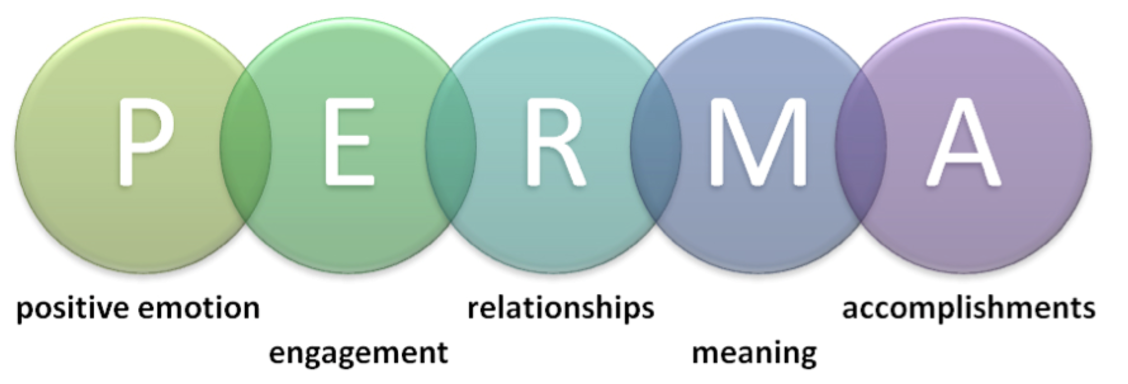 There are lots of free video tutorials online
There are lots of free video tutorials online -
consider signing up for a course at a local college. You could try learning a new language or a practical skill such as plumbing
-
try new hobbies that challenge you, such as writing a blog, taking up a new sport or learning to paint
4. Give to others
Research suggests that acts of giving and kindness can help improve your mental wellbeing by:
- creating positive feelings and a sense of reward
- giving you a feeling of purpose and self-worth
- helping you connect with other people
It could be small acts of kindness towards other people, or larger ones like volunteering in your local community.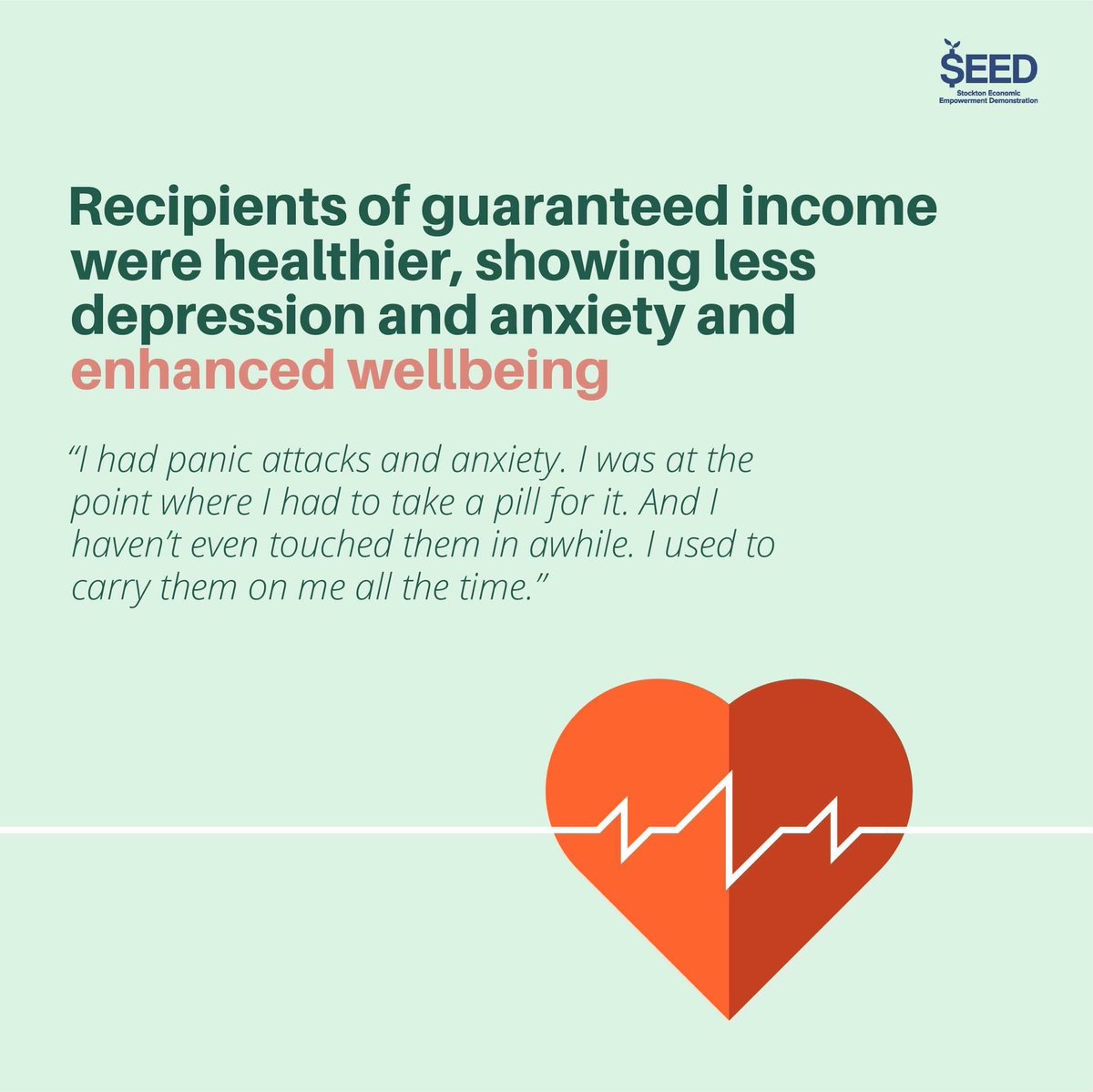
Some examples of the things you could try include:
- saying thank you to someone for something they have done for you
- asking friends, family or colleagues how they are and really listening to their answer
- spending time with friends or relatives who need support or company
- offering to help someone you know with DIY or a work project
- volunteering in your community, such as helping at a school, hospital or care home
5. Pay attention to the present moment (mindfulness)
Paying more attention to the present moment can improve your mental wellbeing. This includes your thoughts and feelings, your body and the world around you.
Some people call this awareness "mindfulness". Mindfulness can help you enjoy life more and understand yourself better. It can positively change the way you feel about life and how you approach challenges.
It can positively change the way you feel about life and how you approach challenges.
Read more about mindfulness, including steps you can take to be more mindful in your everyday life.
Further information
- Five Ways to Wellbeing: a report researched and developed by the New Economics Foundation
- Find out more about the 5 ways to wellbeing on the MIND website
Page last reviewed: 16 December 2022
Next review due: 16 December 2025
7 Simple Ways to Feel Better
Sometimes "micro changes" that we don't even consider changes can do more for us than radical solutions. It's just that the likelihood that these tiny changes will become an integral part of our lives is much higher than the promise of once and for all to stop smoking, overeating at night or sitting in front of the computer in the evenings.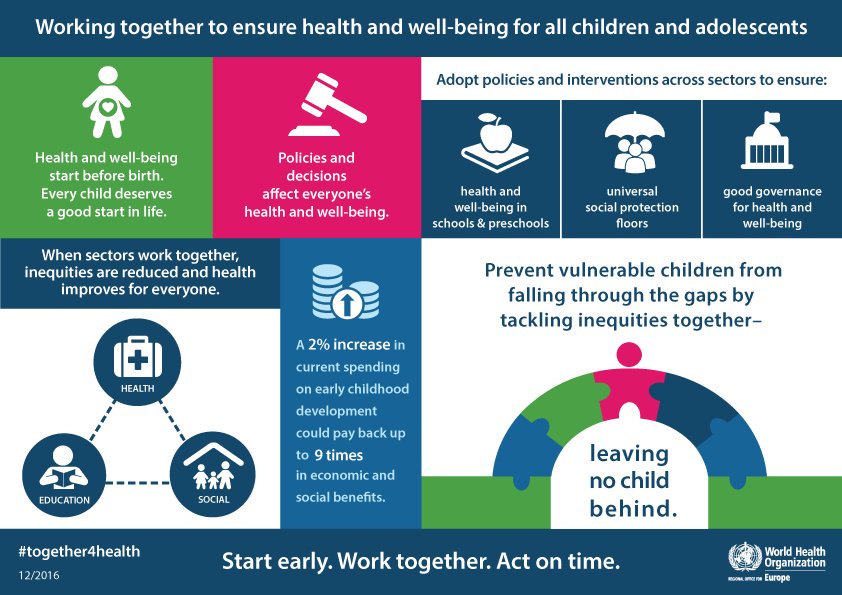 If the proposed ideas do not suit you, you are free to come up with something else. There is only one condition: a new action, if it involves repetition, should take no more than two minutes of your time. Otherwise, our unconscious will regard the change as global, which means it will resist it.
If the proposed ideas do not suit you, you are free to come up with something else. There is only one condition: a new action, if it involves repetition, should take no more than two minutes of your time. Otherwise, our unconscious will regard the change as global, which means it will resist it.
Sleep with the window open
Even in the city center, the air outside is usually much cleaner than indoors. Especially at night when traffic is less intense. Leaving windows closed means breathing stagnant polluted air all night. Clear head, fresh complexion, more energy - you will notice these changes the very next day. Don't forget to use ear plugs and a sleep mask for a deep and truly restorative sleep.
Similar Items:
Beauty Video: Lancôme Holiday Makeover
Editorial Test: La Roche-Posay Beauty Camp
Do it all with the new Philips Satinelle epilators
Change your household products
home. Instead of synthetic fragrances, the aromas of essential oils will be carried throughout the living quarters. And the amount of chemicals that the body encounters will greatly decrease. Start the change with bath and dishwashing detergents, as well as laundry detergent for bed linen. After all, our body is in contact with sheets and blankets for many hours every day.
And the amount of chemicals that the body encounters will greatly decrease. Start the change with bath and dishwashing detergents, as well as laundry detergent for bed linen. After all, our body is in contact with sheets and blankets for many hours every day.
Clean your tongue in the morning
The tongue is a report card about the state of our body. It can be used to judge the state of health. Normally, it is pink, smooth, soft, not too thick and not thin. If there is a dense coating on it or teeth marks on the sides, then you should lighten your menu for a while, as the digestive system cannot cope. It is easy to check this: every morning after a heavy late dinner, the picture is the same. Plaque is the toxins that the body managed to remove during the night. Therefore, it is useful to make it a rule to brush not only your teeth, but also your tongue. A brush is not suitable for this, but an ordinary teaspoon is fine. Move it with an edge from the root to the tip of the tongue.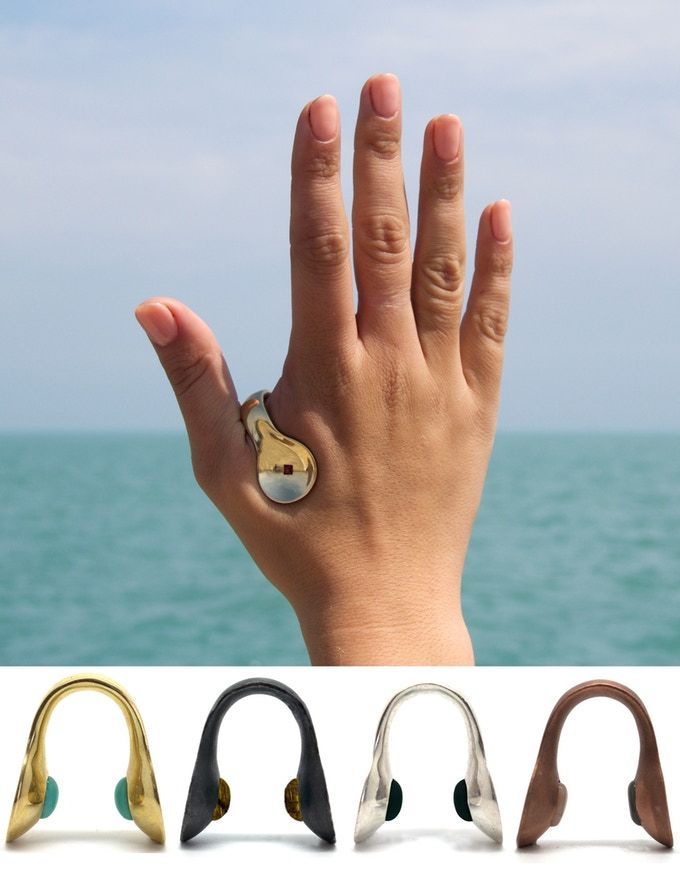
Related content:
How does the Dukan Diet work?
Editors test: Philips facial wash...
Anti-ageing exercises: 6 exercises for youth...
Start the day with water
When you get out of bed, first go to the kitchen to put on the kettle, and only then - to the bathroom. After brushing your teeth, drink a large glass of warm water. This "awakens" the digestive system, stimulating bowel cleansing. If you have not done this before, then you will not see the effect immediately, but after a few days. Also, make sure you have water near you throughout the day. Let the bottle always be on your desktop, in the car cup holder, in your bag. Gradually, this will significantly improve your well-being and appearance. The complexion will become more even, sebum secretion will normalize, signs of puffiness will disappear or will appear much less frequently, digestion and other vital processes will normalize.
Hang a horizontal bar
And hang on it whenever you need to relieve stress. Stretch your arms, straighten your shoulders and concentrate on how the muscles are stretched - this will help to relax the mind. Do the exercise for 30 seconds to two minutes. Gradually, you will begin to notice that heat is rushing to the muscles. This is normal: this is how the body gets rid of muscle blocks and toxins.
Stretch your arms, straighten your shoulders and concentrate on how the muscles are stretched - this will help to relax the mind. Do the exercise for 30 seconds to two minutes. Gradually, you will begin to notice that heat is rushing to the muscles. This is normal: this is how the body gets rid of muscle blocks and toxins.
Fruit in the dish instead of sweets
Wash fruits and vegetables immediately when unpacking groceries. Let them, and not sweets or pastries, take their place in the dish that is always on the table. Having a clean radish or carrot on hand makes it easier to make healthier choices when thinking about what to snack on. And what you want to eat less, put in closed packages and put them in the top drawers of the cabinet. The less these products catch your eye, the less often you think about them.
Related content:
What is redermalization?
Must take: Cushion Mania by Lancôme and MakeUpMe Academy...
Editors are testing: hair care by Nashi Argan.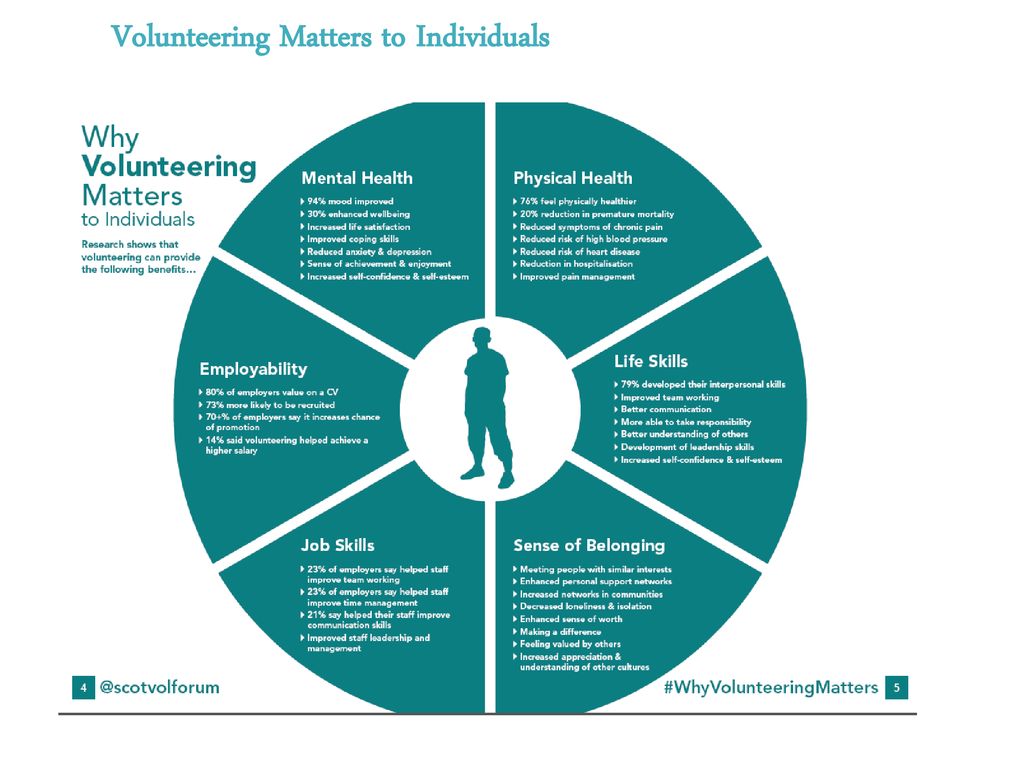 ..
..
Do a "massage" for stress
This exercise activates the parasympathetic nervous system and relieves stress instantly. You can do it anywhere, even in public transport and at work. Throughout the exercise, tap the fingers of your right hand on your left hand, in the hollow between the knuckles of the little finger and ring finger.
- Close your eyes. Open them three times at intervals of about a second, each time looking straight ahead. Close your eyes.
- Open your eyes looking to the lower right corner. Without closing your eyelids, look to the lower left corner, and then draw a circle with your eyes. First clockwise, then counterclockwise. Close your eyes.
- Open your eyes while looking up. Without closing your eyelids, look down. Close your eyes.
To test how relaxing this simple and unusual exercise is, take a test. Before doing it, stand with your arms outstretched to the sides, and turn back as far as possible, through the left side, then through the right.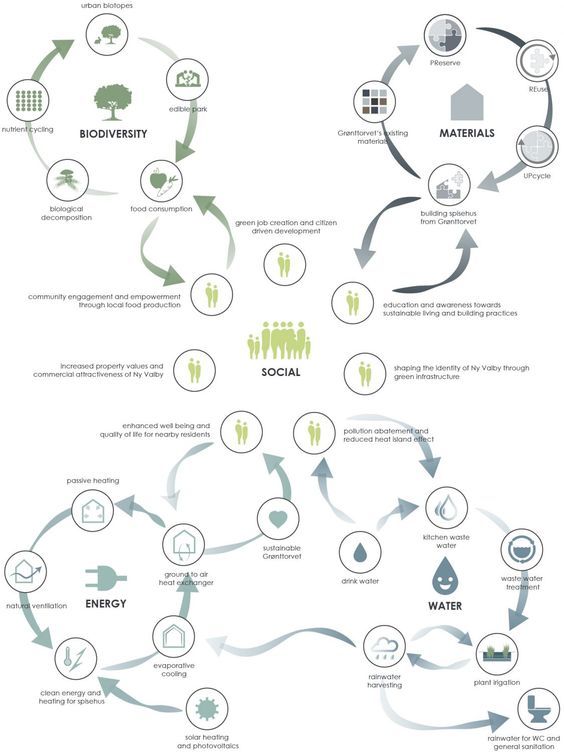 The pelvis remains in place. Remember where your palm is pointing. Do the same after doing the exercise. And be surprised at the difference.
The pelvis remains in place. Remember where your palm is pointing. Do the same after doing the exercise. And be surprised at the difference.
Related content:
Since I tried Alpha Sphere, floating and thalassotherapy ta...
3 Steps to Properly Prep Your Skin for Makeup...
Ask the Expert: Mom-to-be Beauty Routine
By psychologies
Tags: water, healthy lifestyle, beauty
appearance for the month
Read on the topic: "Biohacking will not replace a healthy lifestyle if you are lying on the couch." What is biohacking and who does it in Russia
1. Move is the easiest and most effective way to become healthier
Even a minute of regular intense exercise can improve your fitness level. Movement will quickly change your body and may reduce your risk of death.
"After two to four weeks of exercise, the nervous system is much more efficient at contracting muscles," Robert Newton, director of Edith Cowan University's Physical Medicine Research Institute, recently told Nine News in Australia.
Scientists have found that no matter what sport you do, just move regularly and your heart, muscles and mind will become healthier.
Even a few minutes of weekly exercise will help. A recent study by McMaster University showed that just three 20-second bursts of vigorous exercise can improve a person's fitness by 20% in three months (changes will begin in a month).
Study lead author Martin Gibala called this approach the "one-minute workout." But it's actually 10 minutes of exercise three times a week: two minutes of warm-up, three minutes of rest, and three intense 20-second running sessions.
“This is how athletes train who are already in great physical shape and want to keep it up,” Gibala told CBC. “This is a good way to quickly improve your health.”
2. Cut down on salty and processed foods
According to the Centers for Disease Control and Prevention (CDC), most Americans consume 50% more salt per day. Over time, this takes a toll on the body: when there is too much salt in the blood, it is difficult for the kidneys to remove unnecessary substances, and blood pressure can rise.
Over time, this takes a toll on the body: when there is too much salt in the blood, it is difficult for the kidneys to remove unnecessary substances, and blood pressure can rise.
Instead of salty snacks, try eating whole foods like bananas and avocados, which are high in potassium, a natural antidote to sodium, which damages blood pressure.
Other flavor enhancers such as lemon juice and herbs may be included in the diet. Whichever strategy you choose, avoid processed foods, which not only contain a lot of hidden salt, but can increase your chances of getting cancer.
3. Befriend fiber
Fiber-rich foods keep your energy levels more stable than fast sugars or high-carb snacks. Thanks to fiber, you feel less hungry, and the digestive system works properly.
Whole grains, fruits, nuts and vegetables are high in fiber. Many of the highest-fiber foods also have a low glycemic index, which will help avoid spikes in blood sugar.
Read on the topic: Rusbase presents a map of the Russian foodtech market
4. Develop a regimen that will allow you to sleep for seven to eight hours
Sleep-deprived people are more likely to get into an accident or get sick. In addition, lack of sleep is an additional source of stress for the heart. Increasingly, poor sleep is also linked to cancer. The World Health Organization has warned that sleep disruption while working the night shift can lead to cancer: colon, breast or prostate cancer.
Just a week without enough sleep—that is, four hours of sleep a night for six nights in a row—and your blood sugar will rise enough for doctors to diagnose you with prediabetes.
5. Drink more water (and maybe even coffee)
Up to 60% of an adult's body is water. Not surprisingly, eating enough of it brings many health benefits.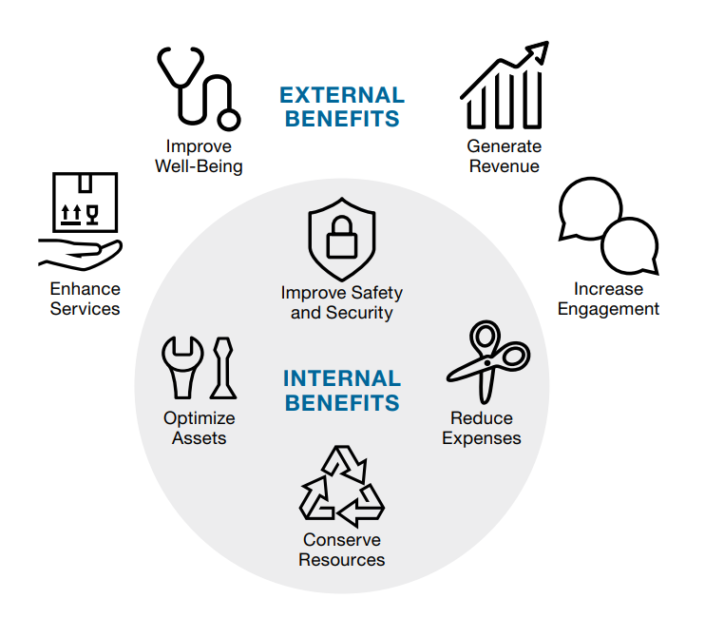 Fluid helps the body efficiently eliminate waste, stay energized, sweat, and pump blood more easily.
Fluid helps the body efficiently eliminate waste, stay energized, sweat, and pump blood more easily.
It will also help you lose weight. A 2016 study of more than 18,000 US residents found that those who drank more water were consistently in a good mood and ate fewer calories, sugar, fat, salt, and cholesterol daily.
Another relatively small 2015 study showed that people who drank enough water 30 minutes before meals could lose more than 2 kg in three months.
Drinking coffee can also make your heart healthier, as well as lower your risk of type 2 diabetes and some cancers, if you drink it in moderation. The myth that a couple of cups of coffee can contribute to dehydration has been debunked.
6. Moisturize, protect and exfoliate your skin properly to improve your complexion
The best way to take care of your skin in summer is to protect it from the harsh sun rays. Many dermatologists advise starting the day with a sunscreen moisturizer that will keep skin looking youthful and help prevent cancer at the same time.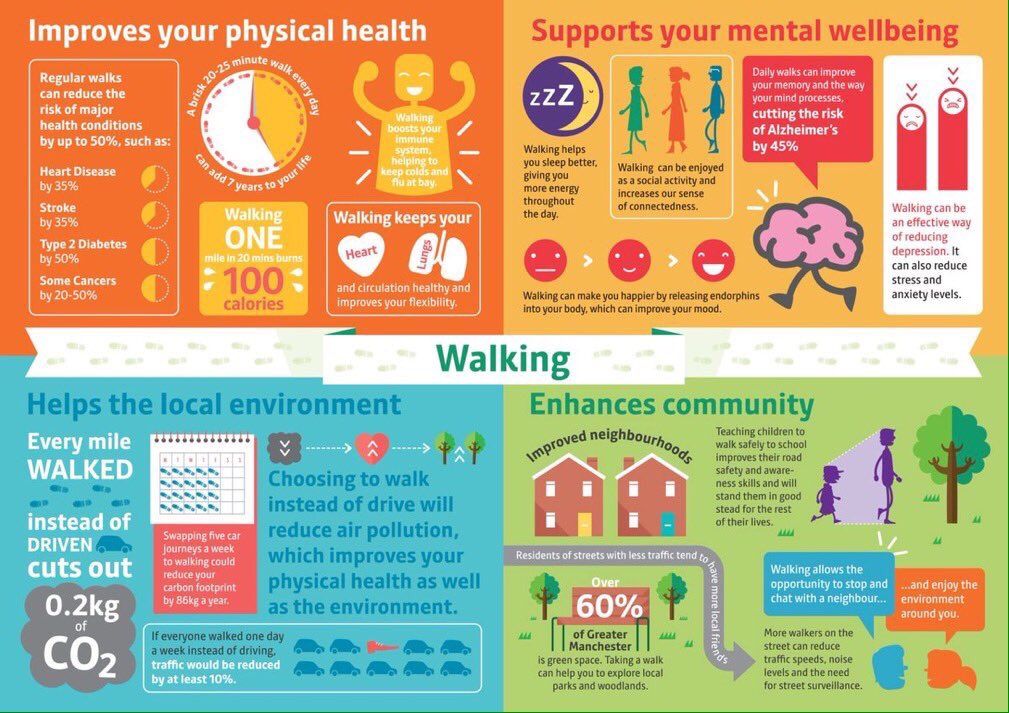
Yale Medical School dermatologist Kathleen Suozzi says there are other ways to quickly improve your complexion. She recommends weekly alpha hydroxy acid peel pads followed by a hyaluronic acid moisturizer. She also recommends incorporating an antioxidant serum into your daily routine, either before moisturizing throughout the day or on a clean face before bed.
Of course, this is all just speculation.
“There is no one magic solution that is perfect for everyone,” says Suozzi.
It takes a month or more for new skin cells to appear, so the results of any new procedure will have to wait at least a few weeks.
7. Look after your body, but also your mood
Studies show that two 50-minute aerobics sessions a week are enough to significantly improve your mood.
Want to relieve stress? Physical exercise can cause a rapid rise in endorphins and also improve your mood in the long run.
In one study, 39 women participated in 50 minutes of aerobic exercise twice a week for three months. The researchers found that by the end of the experiment, the mood of the group improved significantly: the women were more optimistic, became less anxious, and felt more confident.
And vice versa. A Wisconsin long-term study of more than 7,000 people over two decades found that older people tend to become more irritable if their physical activity decreases with age. In other words, lazy people become less pleasant, less impressionable, and more negative.
8. Try Meditating
Scientific research on meditation is still evolving, but if you want to reduce anxiety, control blood pressure, or reduce stress levels, you can try this method.
The US National Institutes of Health states that, according to reports, "meditation can reduce blood pressure, symptoms of irritable bowel syndrome, anxiety and depression, and insomnia.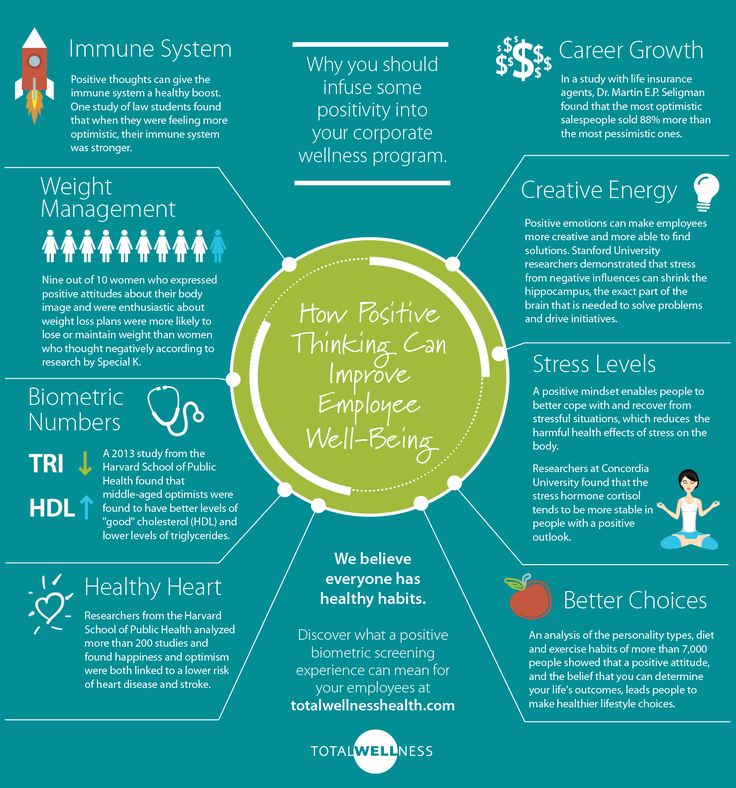 "
"
If you're interested in this topic, journalist Dan Harris' website 10% Happier has some simple tips on how to start meditating.
9. Sleep in the afternoon to increase your productivity
It's natural to want to sleep at around 2:00 p.m.: this is one of the two daily periods of minimum human activity. At this time, people tend to feel more sleepy and cold. The second period of minimal activity occurs around 3:00 a.m., so it can be overlooked.
If you want to make the most of your day, try drinking a cup of coffee and then taking a 20-minute nap. That's a short enough time to not wake up sleepy, and long enough for the caffeine to kick in.
Short naps have been shown to help night-shift air traffic controllers stay alert. One small study of 10 Japanese students found that 20 minutes of nap after a cup of coffee increased the speed of reaction to computer tasks within an hour after waking up.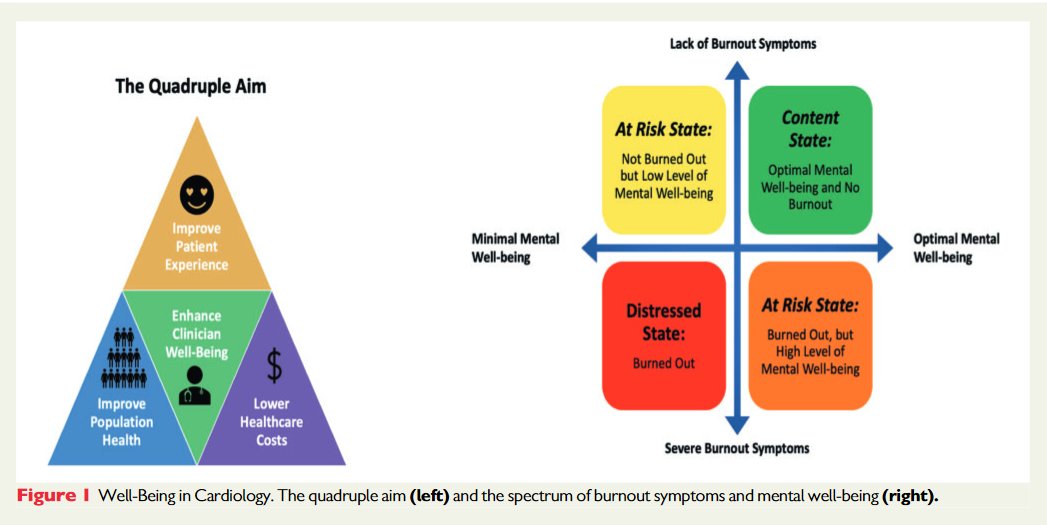
10. Remember that it's okay to feel bad sometimes.
Being emotionally honest and kind to yourself is good for mental health.
A 2017 study of more than 1,000 people found that those who were more accepting of their negative emotions and thoughts (and less self-judgmental) were less likely to suffer from depression or anxiety months later.
Scientists believe that accepting all of one's emotional states helps to keep from repeating the reaction, which aggravates negative experiences.
11. Visualize a better version of yourself every week
Students who imagined themselves to be doing well and doing well actually did well in school and felt better.
A 1998 study of nearly 300 high school students found that teens who "imagined success as a result of hard work" had better academic performance and were more persistent.
Another study of more than 60 students found that their mood improved after they constantly imagined their "best version of themselves" for a month.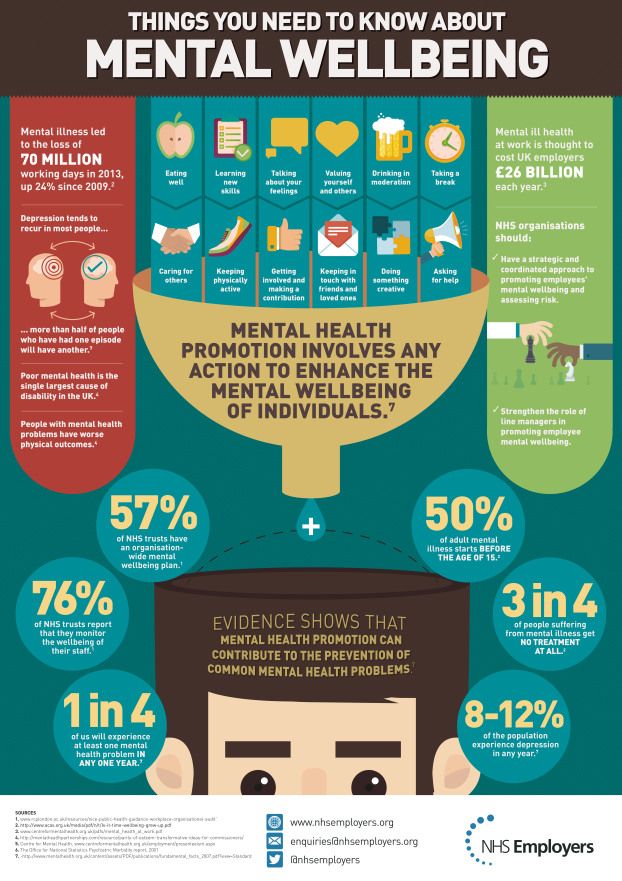
Here's how the authors advised doing it: “Imagine yourself in the future when everything works out in the best possible way. You have worked hard and succeeded in achieving all life goals. Think of it as fulfilling your desires and your potential... You are choosing the best scenario for your life to help you make decisions now. You may not have thought of yourself in this way before, but research shows that it can have a strong positive impact on your mood and life satisfaction.”
12. Work on relationships to stay healthy
It is very important to maintain the closest partnership with those around you. To date, this is best proven by the results of an 80-year study of more than 250 men who were sophomores at Harvard during the Great Depression. Later, their descendants also participated in the study. They found that close, nurturing relationships were more important for long-term happiness than wealth, intelligence, or even genetics.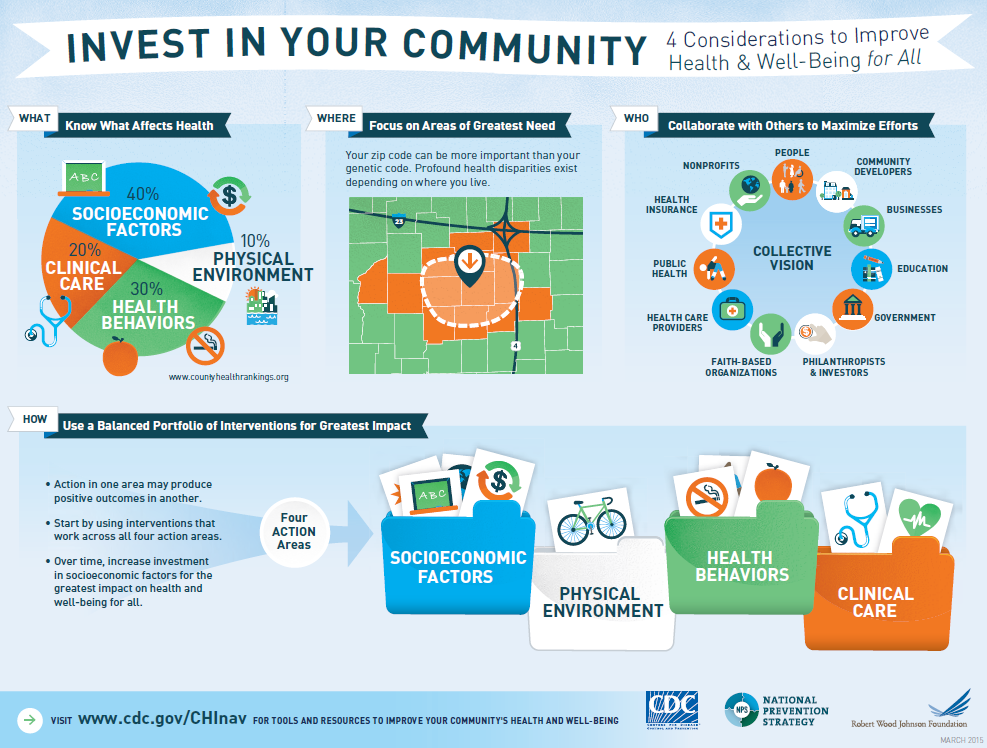
"Good relationships don't just protect our bodies, they protect our brains," study leader Robert Waldinger said in a TED talk. And these relationships don't have to be smooth all the time. Some of our octogenarian couples may have quarreled with each other day in and day out, but as long as they felt they could really count on each other in a difficult situation, those arguments didn't affect their memories."
A German study published in May also showed that people who helped others or spent more time with friends and family during the year significantly increased their level of life satisfaction.
Whatever new habits you try this month, remember that big changes take time. Habit formation in three weeks is a myth: studies show it can actually take anywhere from a couple of weeks to over 250 days.
Habit expert Wendy Wood said at the 2014 American Psychological Association conference, “Behaviors are easier to maintain if they are repeated in a specific context.